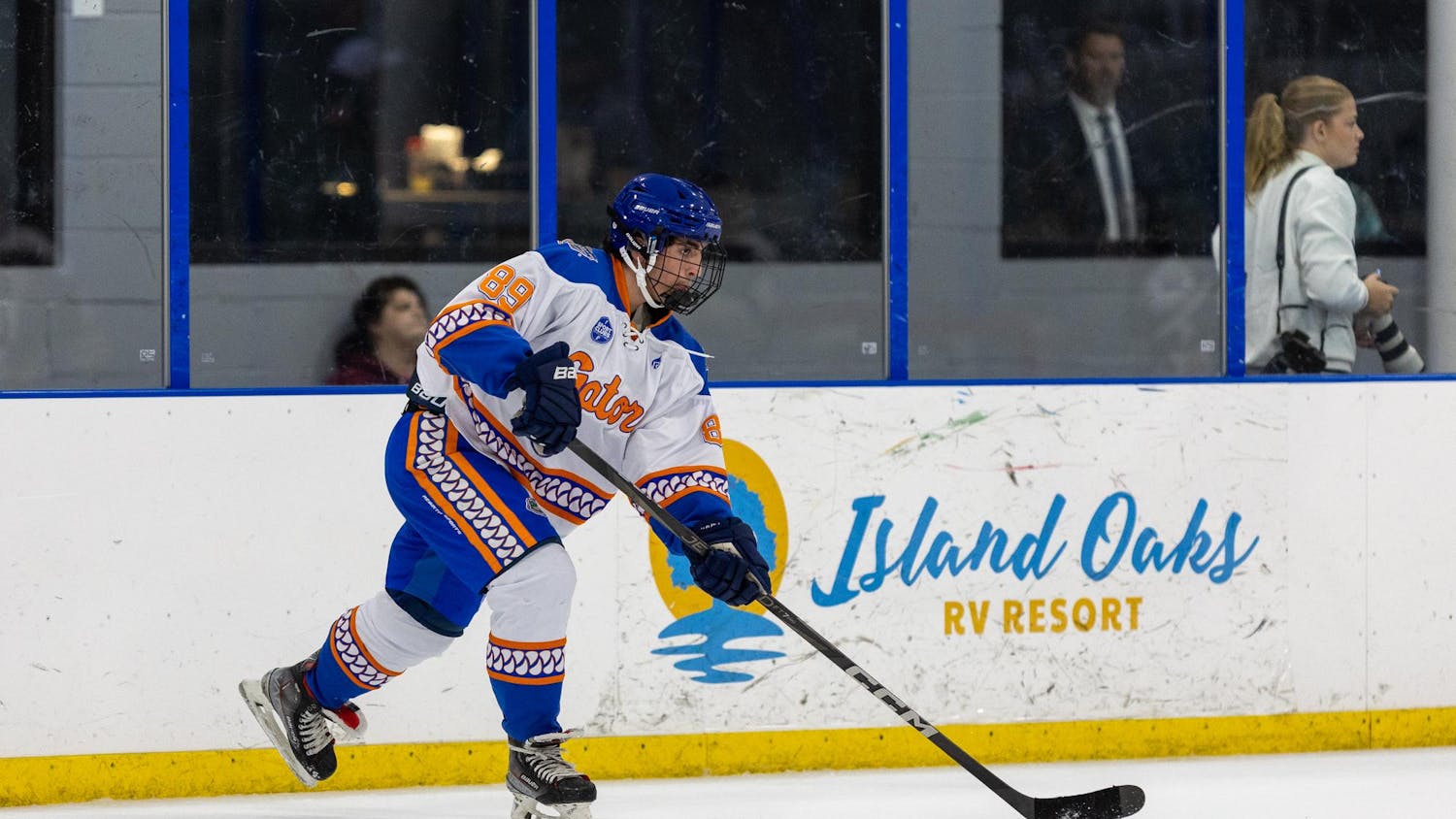What causes human beings to hate so much that they are willing to end the lives of others?
In a society where our biggest conflict of the day might be over a roommate not doing the dishes, it is almost impossible to understand.
When I lived and traveled throughout the West Bank this summer, I witnessed the raw emotion that drives people to violence on both sides of the Palestinian-Israeli conflict. Nowhere were these feelings more pronounced and the situation more precarious than in the city of Hebron in the southern part of the West Bank.
Hebron is home to more than 100,000 people. It is the burial place of Abraham, the patriarch of three of the world's great faiths. Among the residents is a small group of extremely ideological Jewish settlers who believe that it is their duty to inhabit the land at all costs.
When I arrived in this city, I felt as if a war was about to break out. I looked above and saw sniper positions and fortified machine gun nests all around me. Many of the settlers live on floors directly above Palestinians. When I was walking the streets, I saw fish netting that covered the space above me, and it was holding up trash thrown from above. I discovered that the nets were there to catch the trash and debris the Israeli settlers would throw on Palestinians, though it missed the occasional urine and feces that they would drop. While we were walking, I think one of my Norwegian friends was mistaken for a political activist and was hit in the head by a rock thrown by one of the settlers.
I finally made it to the city center where the settlers live. I saw boys digging up the olive trees that had been there for many years so they could replace them with palm trees. The landscape had been changed to something that reminded me more of America or Europe than the desert. The settler community gave us literature with pictures of a Palestinian woman giving them the middle finger and an Israeli woman being arrested by Palestinian police. These photos were striking because earlier that day I had seen a photo in a local shop of a Palestinian man being carried through the streets by Israeli forces while he was bleeding. I walked around this neighborhood for a little while and saw the children of settlers taunting and jeering at some elderly Palestinian women passing by.
I walked immediately outside the boundary of the settler community and climbed to the rooftop of a Palestinian home. There was a machine gun nest maybe 30 yards away from me when I looked around. The rooftops were covered in barbed wire to separate the Israeli and Palestinian homes. What I saw next I will never forget.
A little Israeli boy walked up to the barbed wire and sat down on top of the roof. A little Palestinian boy ran over and sat next to him, though they were separated by the barbed wire. They began talking like friends would. My friends and I were quite perplexed. The Israeli soldier at the nearby machine gun nest motioned for the Israeli boy to come back, but he ignored him. The Palestinian boy turned to one of my friends who spoke Arabic and told her that many of the Israeli and Palestinian children play with each other through the barbed wire. He said many of the children are good friends, but they aren't allowed to go on the other side of the wire, so they can never have physical contact with each other.
A chill went up my spine. Here were the children, each from different sides, whose parents hated each other more than is describable in words, playing like they were schoolmates. However, the older children had contempt for each other. What changes them? Why can't these children live together as adults in peace? I don't have an answer, except that if their societies have any morality, for the sake of these children each side must make peace the priority over all else.
Travis Hornsby is an economics and a political science sophomore.





